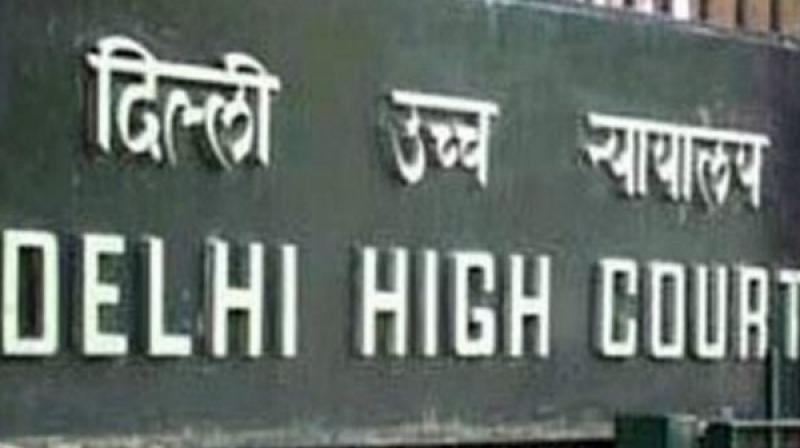Delhi High Court quashes Centre's ban on 344 drugs
The drugs included known brands like Corex, Vicks.

NEW DELHI: The Delhi High Court on Thursday set aside the Centre’s ban on 344 fixed dose combination (FDC) medicines that it had said lacked therapeutic efficacy. The decision came after six months of hearing more than 400 petitions filed by drugmakers against it.
The 344 drugs also included well-known brands like Corex cough syrup, Vicks Action 500 extra and several anti-diabetes medications. Justice Rajiv Sahai Endlaw allowed 454 petitions moved by various pharma and healthcare majors, like Pfizer, Glenmark, Procter and Gamble and Cipla, challenging the government’s March 10 notification banning the FDCs, saying the decision was taken by the Centre without following procedure in the Drugs and Cosmetics Act.
The court had from March 14 onwards stayed the operation of the Centre’s decision with regard to medicines of several pharma majors. The court on Thursday said that proceedings till issuance of the notification of March 10, 2016, “do not suggest there was any grave urgency.”
It also said that the power under Section 26A (power to prohibit manufacture of drugs and cosmetics in public interest) of Drugs and Cosmetics Act cannot be exercised in public interest except when a drug poses a risk to consumers.
The drug companies had contended that the Centre has not properly implemented the powers under Section 26A, under which the ban was ordered.
They had also argued that the ban order was passed without considering clinical data and had termed as “absurd” the government’s claim that it took the decision to ban FDCs on the ground that safer alternatives were available.
Drugs will take time to hit market
The ban on 344 fixed dose combinations drugs has been quashed by the Delhi High Court allowing for its circulation back into the market. But as the Drug Control Department had ensured that there will be no production of these combinations and the manufacturing had been stopped.
A senior official of a pharma company explained, “All the stocks from across the country have been recalled from the chemists. The efficacy of these medicines will have to evaluated. Also the new products will have to be manufactured which will take time.”
The pharma companies, which had opposed the ban, argued that the medicines had not harmed the patient in any way and combination drugs had allowed for the long list of drugs to be reduced. Therefore, it was prescribed to diabetic, hypertension and cancer patients as it did away with taking too many medicines each time.

